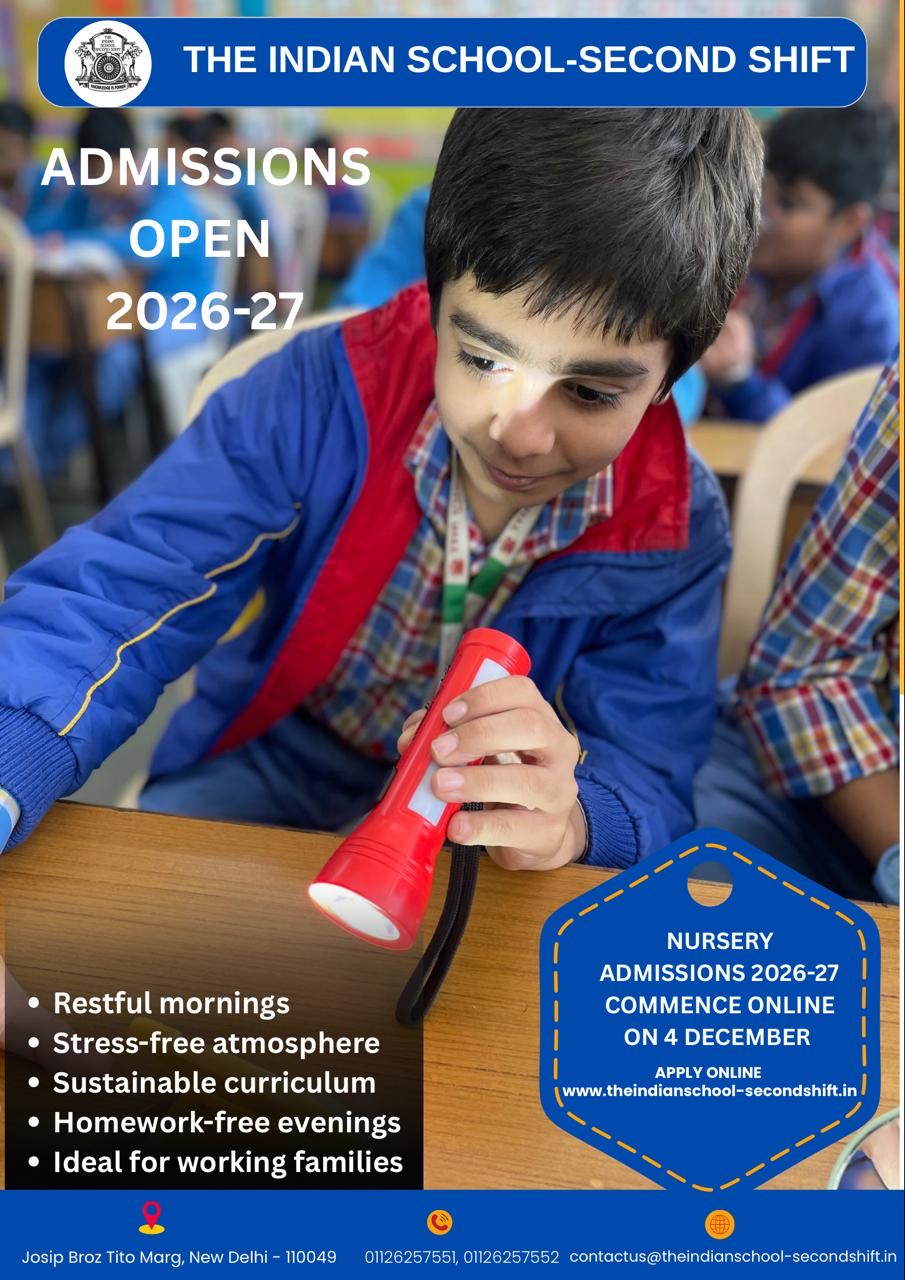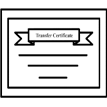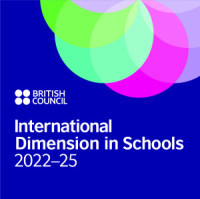Teacher workshop on Competency-based Assessments
A capacity building workshop was conducted by the Australian Council for Educational Research (India) at The Indian School for teachers of both shifts. ACER is an independent, notforprofit research organisation, established in 1930. Its mission is to improve learning by creating and promoting researchbased knowledge, products, and services that can be used to improve learning across the lifespan. ACER India is highly experienced in the development and delivery of large scale assessments and education research projects. The objectives of this organisation are majorly to aid in understanding competency-based assessments, PISA competencies for reading, mathematics and science, to connect NCERT learning outcomes to PISA competencies in different domains, and to design domain specific competency-based assessments.
The resource persons for this workshop were Ms Dimple Sood ( Research Officer at ACER India and Subject Matter Expert in Science with ACER India) and Ms Shreevarshini K ( Subject Matter Expert in English with ACER India). The workshop focussed on methods of assessing student ability on a competency-based measurement scale instead of the traditional percentages and ranks – a rather novel approach for the teachers.
-943.jpg)
-236.jpg)
-338.jpg)
The session started with an interactive session where Ms Sood asked all the teachers to introduce themselves, and to give a brief description of the subjects they teach and what they like best about their subject. They introduced terms related to competency like progression, deep knowledge, creativity, simulating real life situations, joy, etc. This was followed by an activity, which was a situation-based question for teachers. They had to write the measures they would take for survival if they were stranded on an island with no resources for 3 days. Based on the answers given by teachers, Ms Sood explained that the measures taken by any individual depend upon the application of prior knowledge and skills that the person has gained from life's learnings.
Further, the major differences between competency-based learning and curriculum-based learning were discussed, which was followed by another activity, where teachers had to reflect on strategies that can promote competency based learning and teaching. Ms Sood explained the difference between traditional and competency based assessment, and the challenges of traditional assessment. Then, a fun recapitulation session was conducted, where teachers enjoyed a snap and clap activity.
Ms Shreevarshini took the workshop further and discussed in detail about PISA
( Programme for International Student Assessment), an international study which began in 2000. PISA aims to evaluate education systems worldwide by testing the skills and knowledge of 15-year-old students in participating countries/economies. The teachers were informed in detail about reading, mathematical and scientific competencies as given under PISA. Another interesting activity helped teachers to classify different questions according to different PISA competency levels. Next, the interactive discussion was based on aligning NCERT learning outcomes to PISA competencies.
The workshop concluded with another activity, where teachers were divided according to their subjects and they created competency based items based on their understanding of PISA competencies and learning outcomes.
The workshop was highly interactive and informative. It greatly enhanced the understanding of capacity based assessment and gave the teachers in-depth knowledge of how it can be used to assess the varied needs of students.




-943.jpg)
-236.jpg)
-338.jpg)






